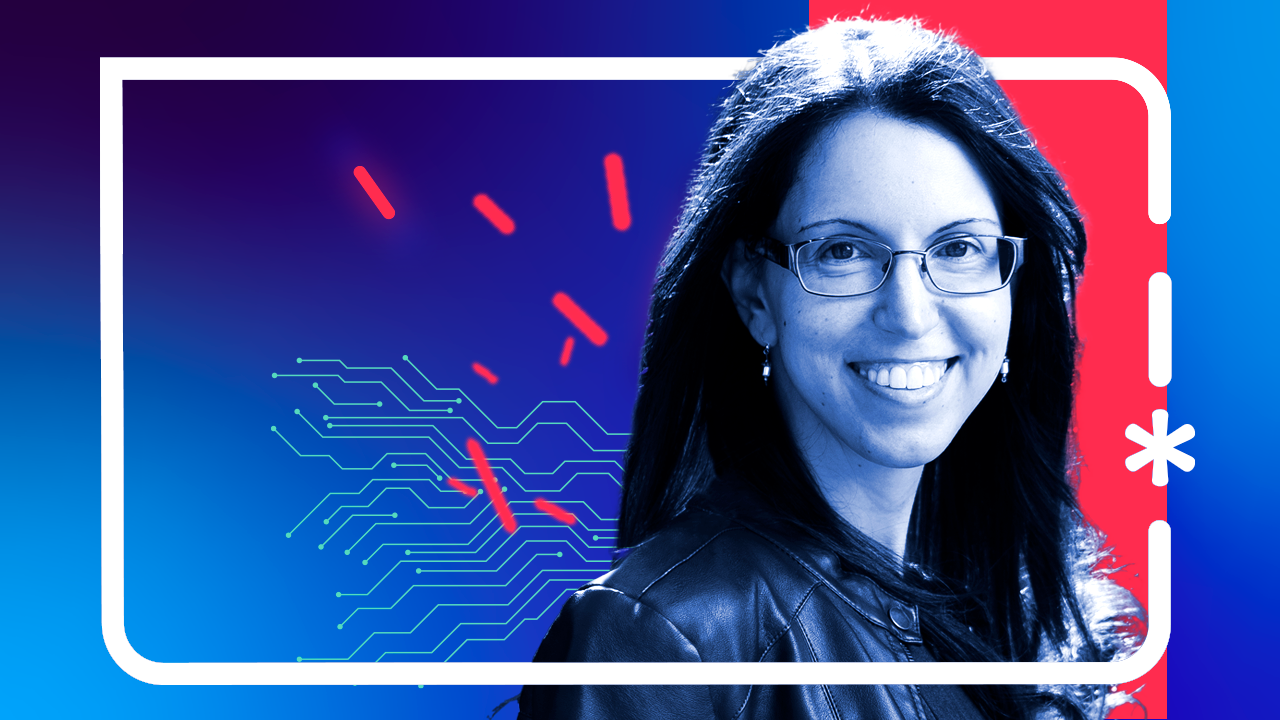The upcoming Sparks! event on 16th November will feature a talk by Nicole Yunger Halpern. Author of “Quantum Steampunk: The Physics of Yesterday’s Tomorrow”. Nicole is an award-winning theoretical physicist who, according to her description on the Sparks! webpages, “re-envisions the science of energy, developed during the 1800s, for the 21st century, using the mathematical tools of quantum computing.” The details of Nicole’s scientific activity are well described in her popular book, featuring drawings inspired by the steampunk genre of art and literature that juxtaposes Victorian settings with futuristic technologies.
To the layperson, the combination of “quantum” and “computing” might sound like an obscure new type of technology that, although not understood, has the potential to change the world like several other computing technologies have done in the past. Together with artificial intelligence and big data (all correlated matters), it is amongst the most discussed topics and the most referred to innovations that we should all get prepared for.
Nicole, in your opinion, why is quantum computing so much in the spotlight now and yet almost no-one (experts excluded) understands what that is?
NYH: “Quantum computing is in the spotlight because quantum experimentalists’ capabilities have advanced enormously over the past few decades; quantum computing can impact information security, research and development, and other topics of broad importance to society; and funding has been flowing into quantum information science from governments, companies, scientific-funding institutions, and universities.
Every scientific advance requires explaining to the public; for instance, every time a Nobel Prize in science is awarded, a flurry of articles and videos crop up to explain it. The notion of quantum computing is such an advance and so requires such explanations. Unfortunately, over the decades, people have branded quantum physics as impossible to understand. I believe that this reputation is unjustified, as I’ve argued in a blog post. Fortunately, the quantum-computing community has been investing deeply in education and outreach. Videos, free online courses, master’s programs, and even games for instilling intuition about quantum physics abound. Articles have been appearing everywhere from Wired to Time. Even my book contains a chapter about quantum computing. A wealth of information is available, and I hope that it’ll lead future generations to think of quantum physics as second-nature.”
Sometimes, fast-evolving technologies might create gaps between people who can adopt them and people who, for a variety of reasons including living in less wealthy regions of the world, have no access to those innovations.
Nicole, do you think that quantum falls in this category?
NYH: “Experts in public policy and law are working on precisely addressing this issue. In the meantime—as we develop large-scale quantum computers—nonprofit organizations, companies, universities, and more are providing free education and outreach materials so that people of all backgrounds can learn about quantum computing. Example services include free online courses, and many organizations focus on reaching populations that have been underserved and underrepresented in science.”
Although an increasing number of scientists and experts, including from the private sector, are working on developing quantum computers able to perform operations faster and more reliably than current computers, the technology is not yet ready for large-scale exploitation and researchers are constantly on the look-out for new funding opportunities.
Nicole, in your role, do you feel more like a pioneer or Don Quixote? In other words: will the quantum computing really work?
“A pioneer. In my experience, most of today’s quantum-physics community expects that quantum computers can be built if stakeholders are patient and funding doesn’t run out. The process will be difficult, we believe, and it’ll take time, but it’s physically possible. Already, quantum experimentalists have achieved feats that the founders of quantum theory believed impossible. A few scientists are skeptical, though, believing that quantum systems are too difficult to control.”
Trusting Nicole, we now make an imaginary jump on to the future.
Nicole, how would you describe our everyday life in 100 years assuming that, by then, quantum technologies will have been largely implemented?
“I expect quantum computers to enable advances in chemistry, drug design, and materials research. Healthcare impacts individuals personally, but quantum computing will also enhance societal infrastructure that’s woven into everyday experiences almost invisibly. For example, when I purchase a book online, I don’t think much about the security protocol that protects my credit-card information. Nevertheless, such protocols are crucial for commerce. Quantum information science will shape such infrastructure heavily. I don’t expect to find personal quantum computers in homes, though. (That said, decades ago, nobody expected ordinary citizens to own and use ordinary classical computers—and here I am, typing on a laptop!)”

